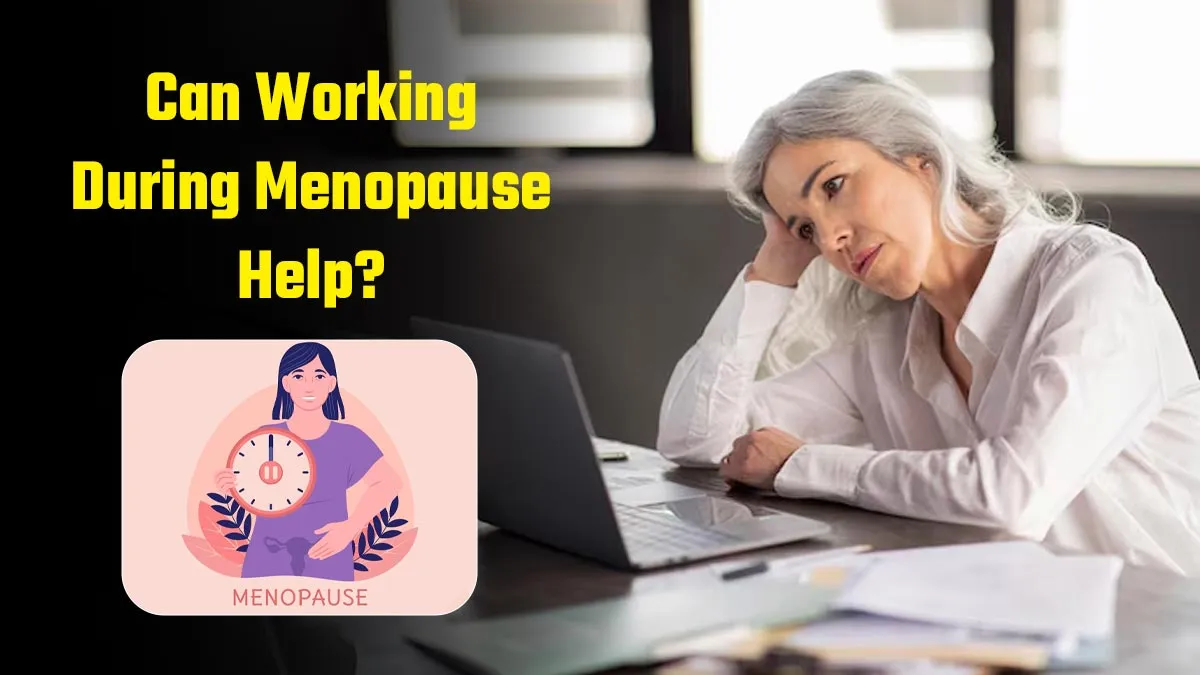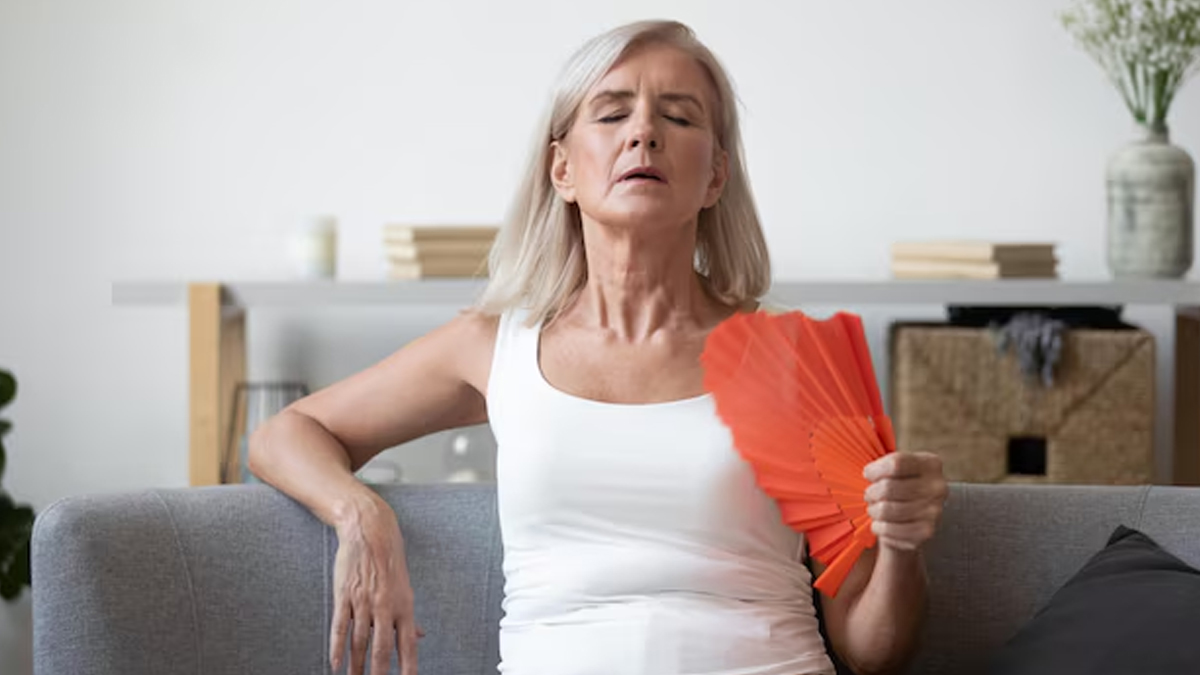
Menopause is a natural phase, yet myths about managing its symptoms persist. One common belief? “Stay busy, and you won’t feel the heat.” Women are often told that filling their schedules with work, chores, or hobbies can magically erase hot flashes, mood swings, or fatigue. But is there any truth to this idea? While staying active has proven benefits, dismissing menopause symptoms as a mere ‘busyness deficit’ oversimplifies a complex biological transition. Let’s unpack this myth, explore the real role of activity, and learn how to navigate menopause with empathy and science-backed strategies.
Table of Content:-
Debunking the ‘Stay Busy’ Myth

Dr Sharmeen Vazifdar, Founder - Dr Menopausetive, Mumbai, shares a patient’s story: “A woman waking up at 5 AM and working nonstop till 9 PM was told her menopausal symptoms would vanish if she ‘stayed busy.’ But no amount of busyness can fix hormonal shifts or night sweats.”
Menopause symptoms like hot flashes, insomnia, and anxiety stem from plummeting estrogen levels—not a lack of activity. Dr Vazifdar stresses: “This phase deserves understanding, support, and treatment—not dismissal. Ignoring symptoms or overloading yourself can worsen stress and exhaustion.”
Can Activity Actually Help Menopause?
While staying busy isn’t a cure, structured, mindful activity can ease some symptoms. Here’s how:
1. Reduces Stress and Improves Mood
- Exercise releases endorphins, combating anxiety and irritability.
- Yoga or tai chi can lower cortisol (stress hormone) levels.
2. Supports Heart and Bone Health
- Weight-bearing exercises (walking, strength training) protect against osteoporosis.
- Aerobic activity improves cardiovascular health, which declines post-menopause.
3. Regulates Sleep
- Moderate daytime activity promotes deeper sleep, countering insomnia.
- But balance is key: Overexertion can spike cortisol, worsening symptoms like fatigue.
What Science Says About Activity and Menopause
A 2022 study in Menopause Journal found that women who engaged in 30 minutes of moderate exercise, 5 days a week, reported:
- 50% fewer hot flashes.
- Better sleep quality and mental clarity.
- No significant change in hormonal levels, proving activity manages symptoms but doesn’t “cure” menopause.
- The expert explains: “Exercise is a tool, not a solution. Pair it with medical guidance for true relief.”
How to Stay Active Without Burning Out
- Choose Enjoyable Activities: Dance, swim, or garden—joy matters more than intensity.
- Prioritise Recovery: Rest days prevent adrenal fatigue.
- Mix It Up: Combine cardio, strength, and flexibility exercises.
- Listen to Your Body: Scale back if workouts trigger hot flashes or joint pain.
ALSO READ: Is Chest Pain During Puberty Normal? Things to Know About Breast Development Stages
Beyond Activity: What Menopause Really Needs

- Medical Support: HRT (hormone replacement therapy) or non-hormonal meds can rebalance estrogen.
- Nutrition: Calcium, vitamin D, and phytoestrogens (soy, flaxseeds) support bone and hormonal health.
- Mental Health Care: Therapy or support groups address anxiety or depression linked to menopause.
The expert urges: “Let’s normalise talking about menopause. Sensitivity and science—not stereotypes—should guide care.”
ALSO READ: Do Menopause Symptoms Ever Truly End? Know From A Gynaecologist
Conclusion
Menopause is a natural transition that deserves more than oversimplified solutions like ‘staying busy.’ While staying active can help manage symptoms, it’s not a cure-all. A holistic approach—combining exercise, medical support, and self-care—offers the best path to navigating this phase with confidence and comfort. Let’s move beyond myths and embrace a balanced, informed approach to menopause.
Also watch this video
How we keep this article up to date:
We work with experts and keep a close eye on the latest in health and wellness. Whenever there is a new research or helpful information, we update our articles with accurate and useful advice.
Current Version